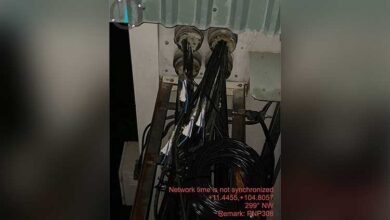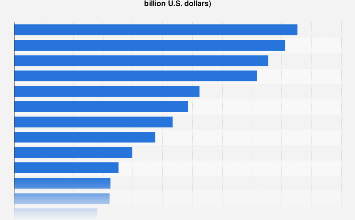Centre leaning on startups, academia for telecom IPRs, Telecom News, ET Telecom

New Delhi: The government is banking on startups and academia to generate intellectual property rights (IPRs) in the field of telecommunications, particularly in next-generation technologies such as quantum communications, artificial intelligence (AI) and machine learning, said officials.
They said that as part of its efforts to generate IPRs and develop locally designed products, the Department of Telecommunications (DoT) is also encouraging global firms such as Nokia, Ericsson, Cisco and Qualcomm to partner with academic institutions and work on new technologies.
“In mobile telecom technologies, the government is targeting at least 3% of IPRs in next-gen essential patents by 2027,” said one of the officials, who did not wish to be identified, adding that the government is also aiming for a 3% share in the global telecom equipment market within this time frame.
“The locally developed 4G/5G stack is working fine. BSNL is utilising the stack and going forward, it will be exported to other countries,” the official said.
continued below
To meet its targets, the government is likely to provide funding through the Telecom Technology Development Fund (TTDF) for promising projects. The fund is intended to promote the ecosystem for research, design, prototyping, proof of concept, testing, IPR creation, field testing, security, certification and manufacturing of telecom products.
The government has been stressing on becoming self-sufficient in telecom technologies, including both software and hardware, amid geopolitical uncertainties. It can be done by developing the complete ecosystem in the country, officials said, pointing to the focus on research and development, including industry-academia tie-ups.
So far, firms including Ericsson and Qualcomm have announced tie-ups with institutions.
“We look at different opportunities to move forward,” Ericsson CEO Borje Ekholm recently told ET, in response to a question about global firms partnering Indian entities for generating IPRs. “We are going to see how that evolves. I think this can be very interesting in an open RAN (radio access network) setting where there is going to be a need for multiple vendors of different radios.”
As per the DoT’s plans, India should have a 5% share in global research in areas including network, wideband spectrum sensing, autonomous control and communication in mobility and intelligent reflector surfaces.
India has the world’s third largest tech startup ecosystem, according to officials, and continued support in terms of business opportunities needs to be provided to Indian manufacturers.
Apart from providing funds through the TTDF, the government is also facilitating startups to get funding from venture capitalist (VCs) firms. A couple of months ago, the DoT had organised a meeting connecting startups with VCs, where 25 startups in the field of quantum communications, 5G-enabled AI drones, satellite-based navigation system, cybersecurity and Internet of Things pitched their ideas to 13 VCs from India, the UK and Uganda.
Most Read in Policy
Join the community of 2M+ industry professionals
Subscribe to our newsletter to get latest insights & analysis.
Download ETTelecom App
- Get Realtime updates
- Save your favourite articles



